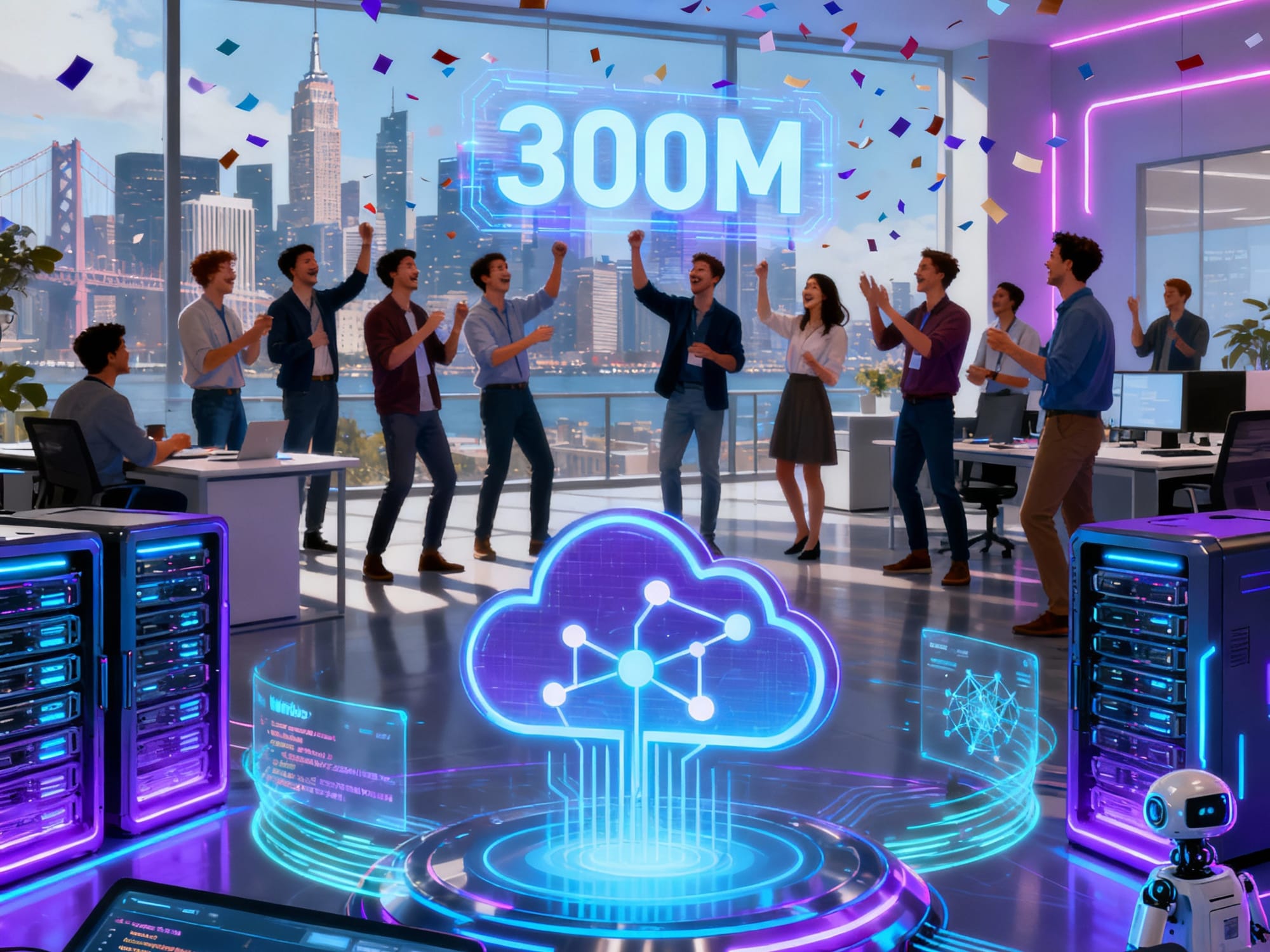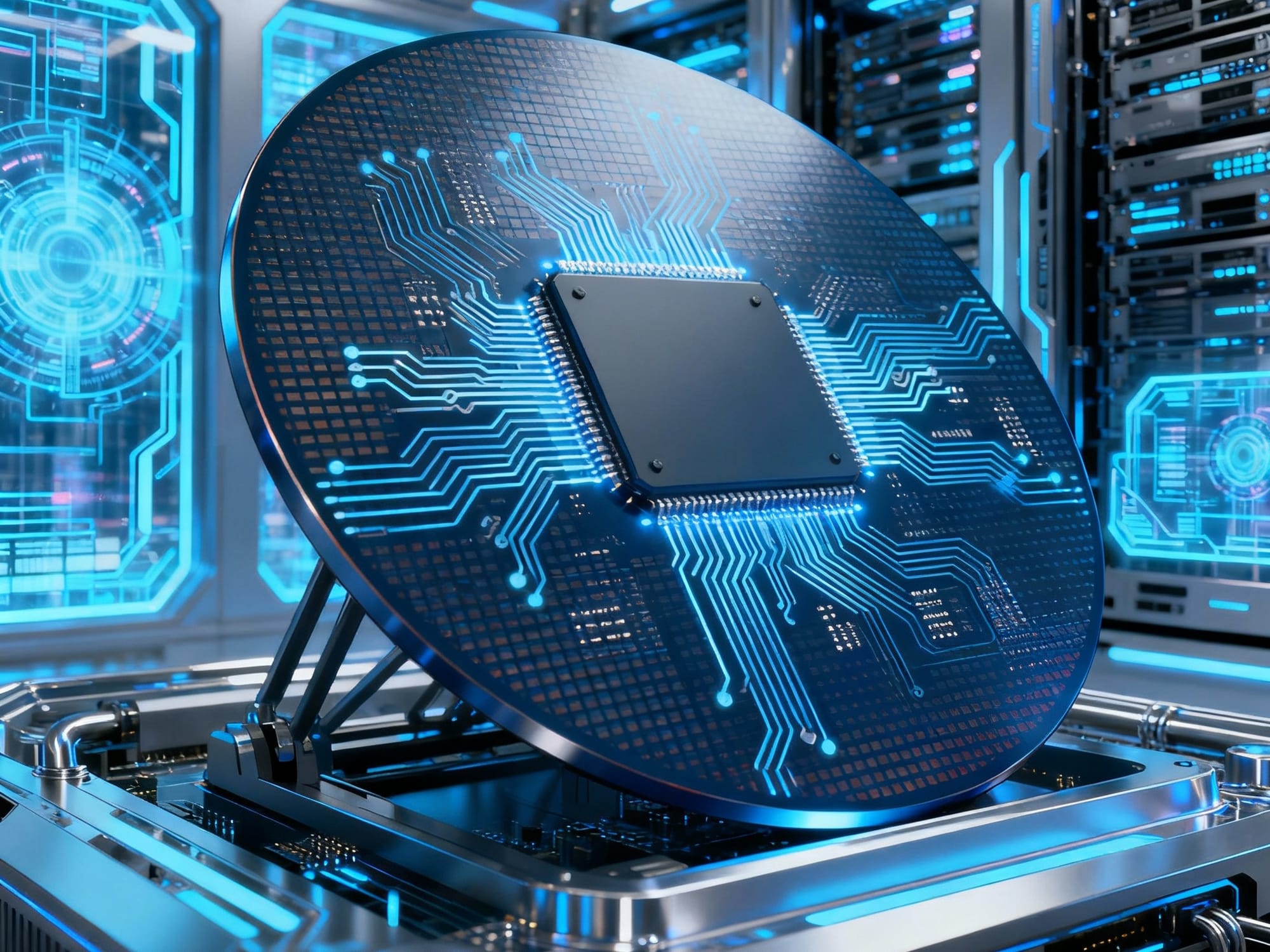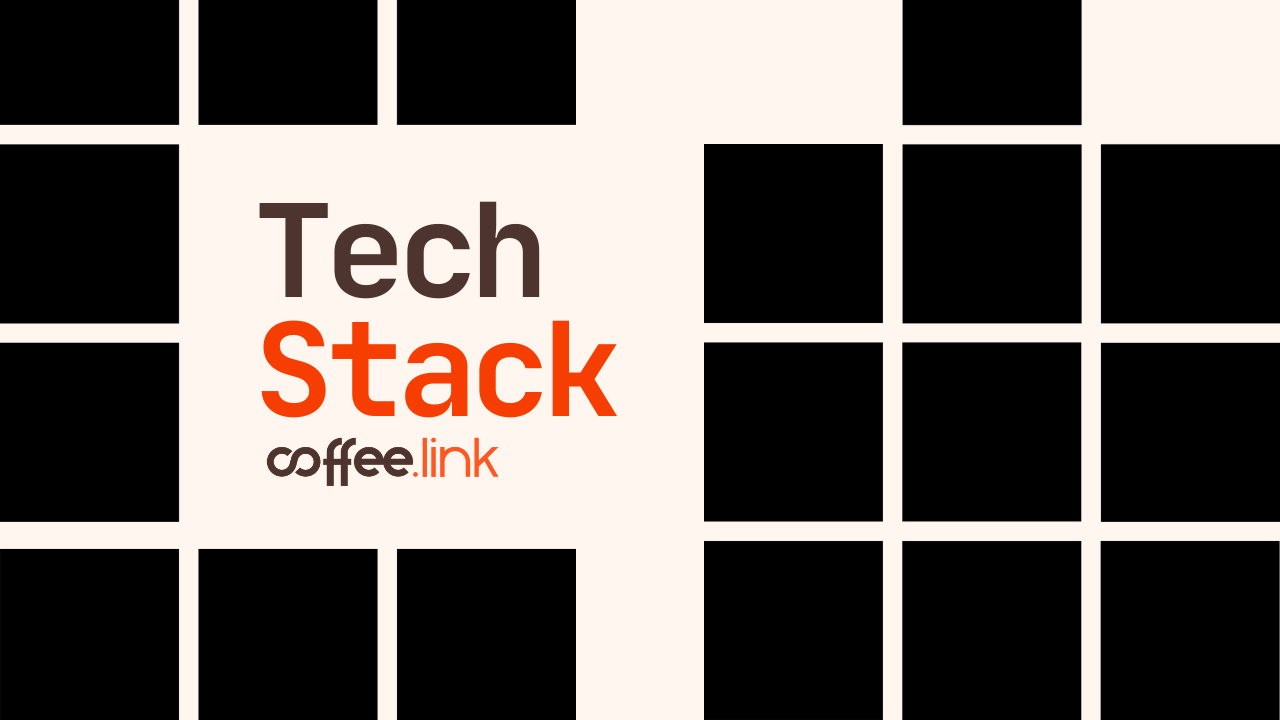AMD Shakes Up the AI Chip Wars with Unprecedented OpenAI Deal

In what may prove the most consequential partnership announcement of the year, AMD and OpenAI unveiled a multi-year agreement to deploy 6 gigawatts of AMD Instinct GPUs—beginning with 1 gigawatt in 2026. The structure of this deal, however, is what caught Wall Street's attention: OpenAI will receive warrants for up to 160 million AMD shares, potentially giving it a 10% stake in the chipmaker as deployment milestones are met.
AMD's stock surged 43% this week, signaling investor confidence that the company could finally mount a credible challenge to Nvidia's stranglehold on the AI accelerator market. Even Nvidia CEO Jensen Huang acknowledged the move's strategic brilliance, calling it "clever" during remarks this week. The deal represents "double digit billions" in revenue for AMD starting in late 2026, fundamentally altering the competitive landscape for AI infrastructure.
Google Launches Physical AI with Gemini Robotics Models

Google DeepMind announced Gemini Robotics 1.5 and Gemini Robotics-ER 1.5, marking what the company calls "the era of physical agents." These models enable robots to see, plan, think, and use tools to tackle complex real-world tasks—a significant leap beyond previous generations of robotic AI that struggled with multi-step reasoning in dynamic environments.
The announcement positions Google at the forefront of embodied AI, a field that promises to bring artificial intelligence out of data centers and into factories, homes, and public spaces. While practical deployment timelines remain unclear, the technology signals a shift from purely digital AI applications toward systems that can meaningfully interact with the physical world.
Supabase Hits $5 Billion Valuation on $100M Raise

The open-source backend-as-a-service startup Supabase secured $100 million in Series E funding, pushing its valuation to $5 billion. Led by Accel and Peak XV with participation from Figma Ventures, the round underscores continued investor appetite for developer infrastructure plays.
Supabase has positioned itself as an open-source alternative to proprietary backend services, offering developers a Postgres database, authentication, real-time subscriptions, and storage in a unified platform. The San Francisco-based company's quintupled valuation reflects the growing importance of flexible, developer-friendly infrastructure as applications become increasingly complex and distributed.
Google Restricts Remote Work Policy Implemented During Pandemic

In a reversal of COVID-era flexibility, Google added new limitations to its "Work from Anywhere" policy this week, requiring employees to justify remote work arrangements and limiting the duration of location-independent work. The policy shift comes as tech giants continue navigating the tension between employee expectations for flexibility and management preferences for in-office collaboration.
The move positions Google more conservatively than some competitors who have embraced permanent remote work, but less strictly than companies mandating full office returns. The change affects how thousands of Google employees plan their work arrangements and may influence broader industry trends as companies recalibrate their remote work strategies three years after pandemic restrictions eased.
Legal Tech Unicorn EvenUp Doubles Valuation to $2 Billion

AI-powered legal technology company EvenUp raised $150 million in Series E funding, doubling its valuation to $2 billion. The company uses artificial intelligence to help personal injury lawyers evaluate case values and prepare demand packages, automating time-intensive aspects of legal work.
EvenUp's rapid valuation growth reflects investor confidence in AI's potential to transform professional services, particularly in sectors traditionally resistant to technological disruption. As generative AI matures beyond consumer applications, companies applying the technology to complex professional workflows are attracting significant capital and attention.
Reflection AI Secures $2 Billion at $8 Billion Valuation

Reflection AI raised $2 billion in Series B funding at an $8 billion valuation, positioning itself among the most ambitious open-source AI initiatives to date. The company is developing what it calls "superintelligent models" that will be released under open-source licenses—a controversial approach given the massive capital requirements typically associated with frontier AI development.
The funding round reflects growing investor interest in alternatives to closed, proprietary AI systems dominated by a handful of large tech companies. Whether open-source models can compete at the highest performance tiers while maintaining financial sustainability remains an open question, but Reflection's war chest gives it substantial runway to find out.
Vercel Hits $9.3 Billion Valuation with $300M Series F

Vercel closed a $300 million Series F round at a $9.3 billion valuation, cementing its position as critical infrastructure for AI-powered web development. The San Francisco-based company's frontend cloud platform serves major customers including OpenAI and Walmart, providing the deployment infrastructure for modern web applications.
The funding reflects climbing demand for AI-friendly development tools as companies race to integrate intelligent features into their products. Vercel's growth mirrors the broader trend of developer infrastructure companies becoming increasingly essential—and valuable—as AI transforms software development workflows.
Cerebras Systems Raises $1.1 Billion to Scale AI Supercomputing

AI chip specialist Cerebras Systems secured a massive $1.1 billion Series G round to expand its wafer-scale computing platform. The company manufactures the world's largest chips—entire silicon wafers designed specifically for AI workloads—offering an alternative architecture to traditional GPU-based systems.
The funding underscores investor confidence in specialized AI hardware as an alternative to general-purpose accelerators. With AMD's OpenAI partnership and Cerebras's capital raise occurring within days of each other, the week marked a significant moment for companies challenging Nvidia's market dominance in AI computing infrastructure.
Meanwhile Raises $82M for Bitcoin-Based Financial Products

Bitcoin insurance startup Meanwhile secured $82 million in funding, bringing its total 2025 funding to $122 million following a $40 million Series A earlier this year. The company is building bitcoin-denominated financial products and forging partnerships with traditional insurance carriers to bring cryptocurrency-based offerings into mainstream finance.
Meanwhile's approach represents a maturation of the crypto industry, moving beyond speculative trading toward building actual financial infrastructure. The company's ability to attract substantial capital signals growing institutional comfort with bitcoin as a foundation for real financial products rather than purely a speculative asset.
Sources verified as of October 11, 2025








